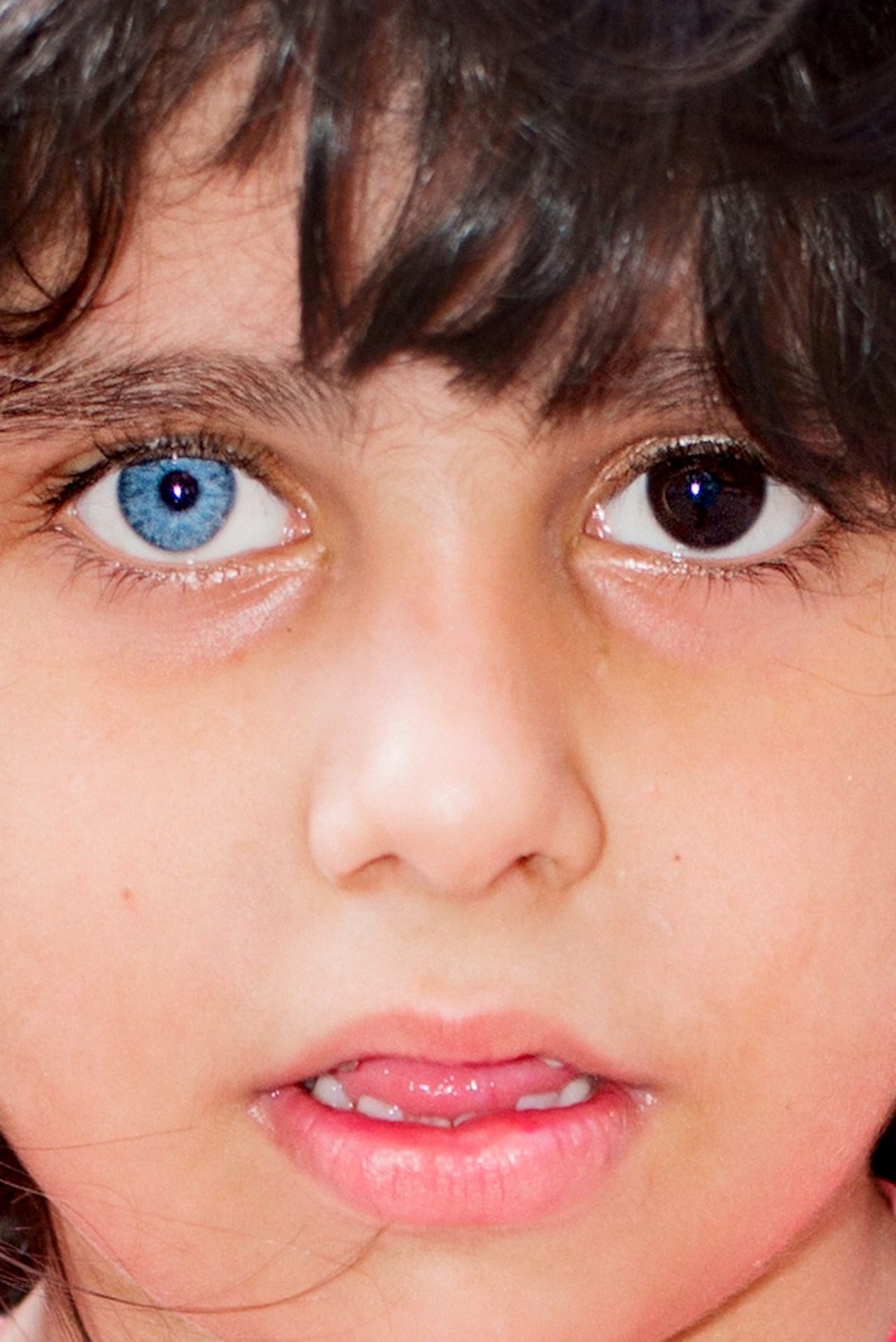Güle Güle: Documenting the changing faces of Istanbul
All Images © Jean-Marc Caimi and Valentina Piccinni.
Source:
On 20 August 2018, during the 2018 lira crisis, the widely circulated Turkish pro-Erdogan paper Sabah reported that the US was planning to "drop gay bombs" on enemies countries that "will change the sexual preferences of that country’s population".
Source:Tarlabası is one of the oldest and poorest neighborhood of Istanbul. The ongoing AKP party urban renewal project and gentrification process, in addition to imposing thousands of forced evictions, it deepened the housing problems and the poverty of the local low classes, by terminating the survival strategies they had developed over the years through informal economic and social networks.
Source:© 2022 - 1854 MEDIA LTD